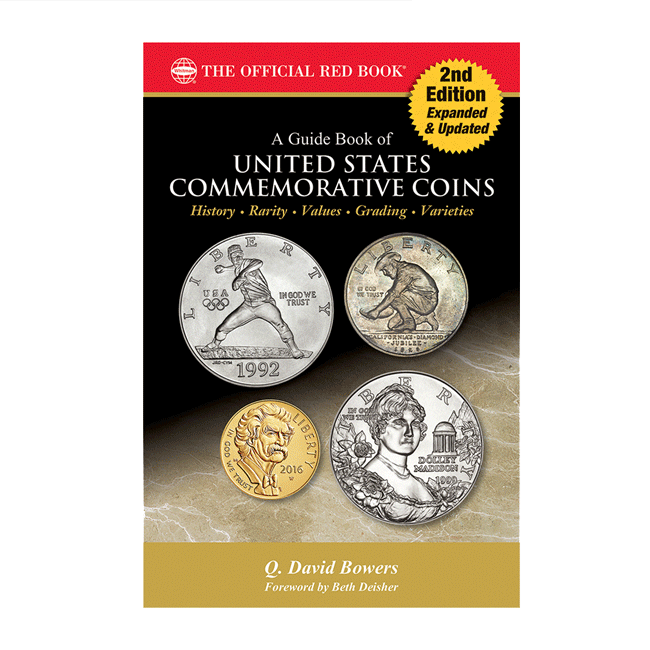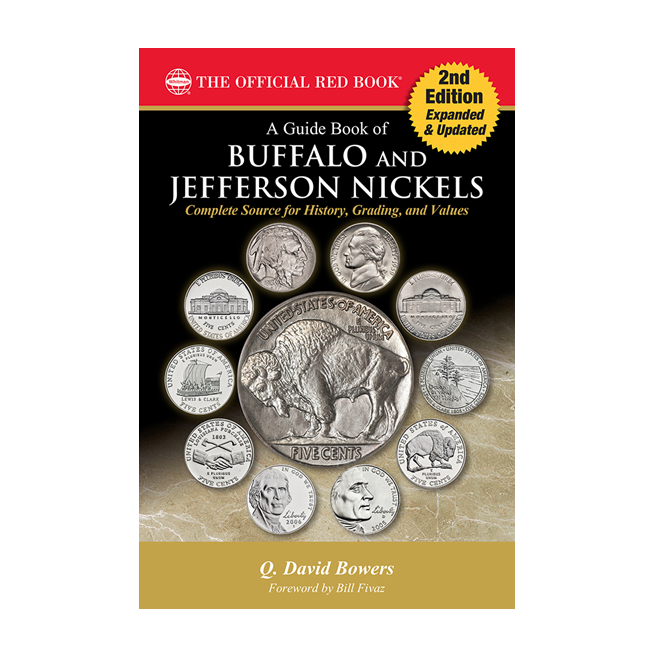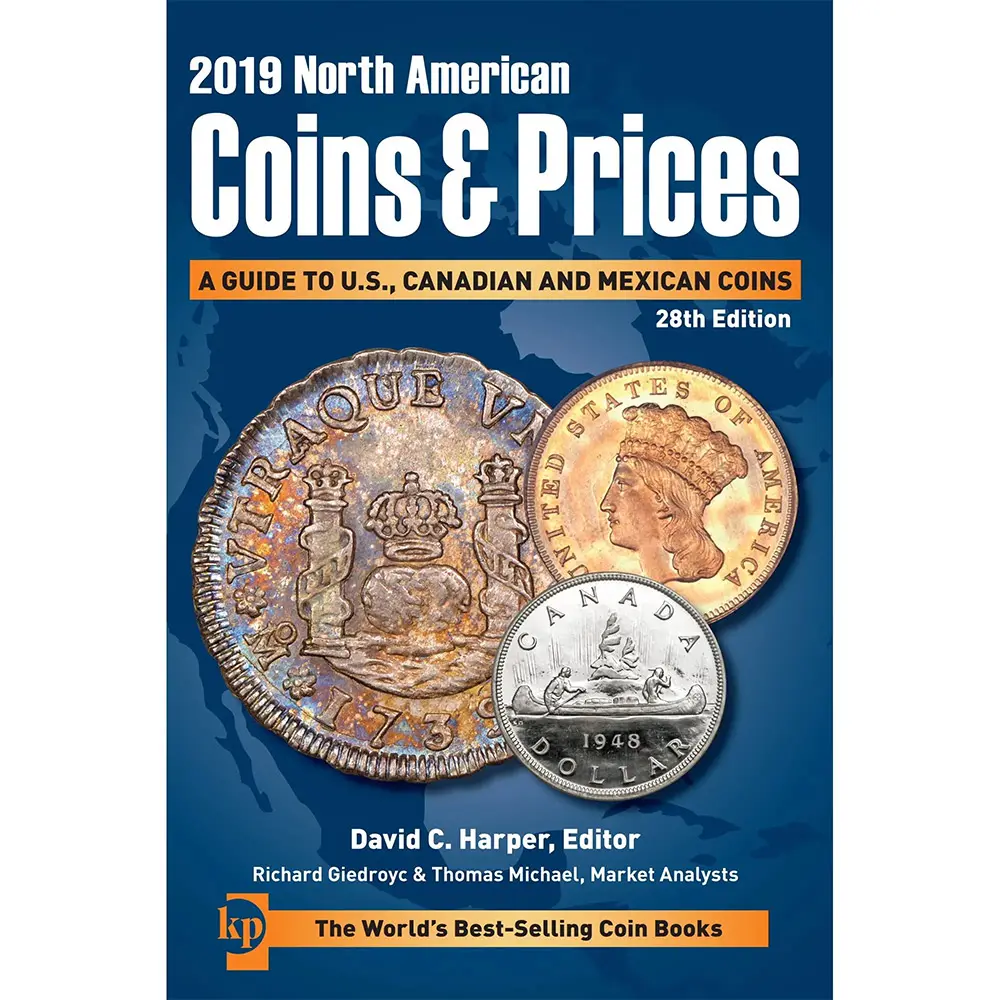What It Covers
-
The book chronicles U.S. commemorative coins issued from 1892 (starting with the Columbian half dollar) to the present (as of its publication).
-
It goes beyond mere listings — it describes how commemorative coin programs are born (legislative/concept stage), designed (artists, committees), minted (Proof vs business strike vs assay coins), how they’re distributed, and what makes certain issues more collectible.
-
Collecting advice is included: how to evaluate quality (strike, eye appeal), how certification / population reports affect value, how to spot fair market pricing, etc.
-
New appendices in this edition feature extra content: interview(s) with a designer from the Artistic Infusion Program, designs that were proposed but never struck, more full-color images.
Specifications
| Spec | Detail |
|---|---|
| Edition | 2nd Edition |
| Author | Q. David Bowers |
| Pages | 304 pages |
| Size / Binding | Softcover / trade paperback; 6 × 9 inches |
| ISBN-10 / SKU | ISBN-10: 0794844197 |
| Publication Date | November 1, 2016 |
| Full Color | Yes — color photographs have been used throughout. |
Why It’s Valuable to Collectors
-
Serves as a one-volume library for U.S. commemorative coin programs: combining history, technical specs, and market data. Useful for both casual and serious collectors.
-
Helps you understand the back-story: design proposals, legislative history, artist involvement, which adds depth and often helps with provenance / story behind coins.
-
Good for evaluating condition/quality; being a smart buyer — knowing what makes certain issues more desirable (rarity, proof vs business strikes, condition, etc.).
-
Because it shows designs that weren’t produced, it makes clear what “could have been” — interesting from both historical and collecting/numismatic-art angles.





